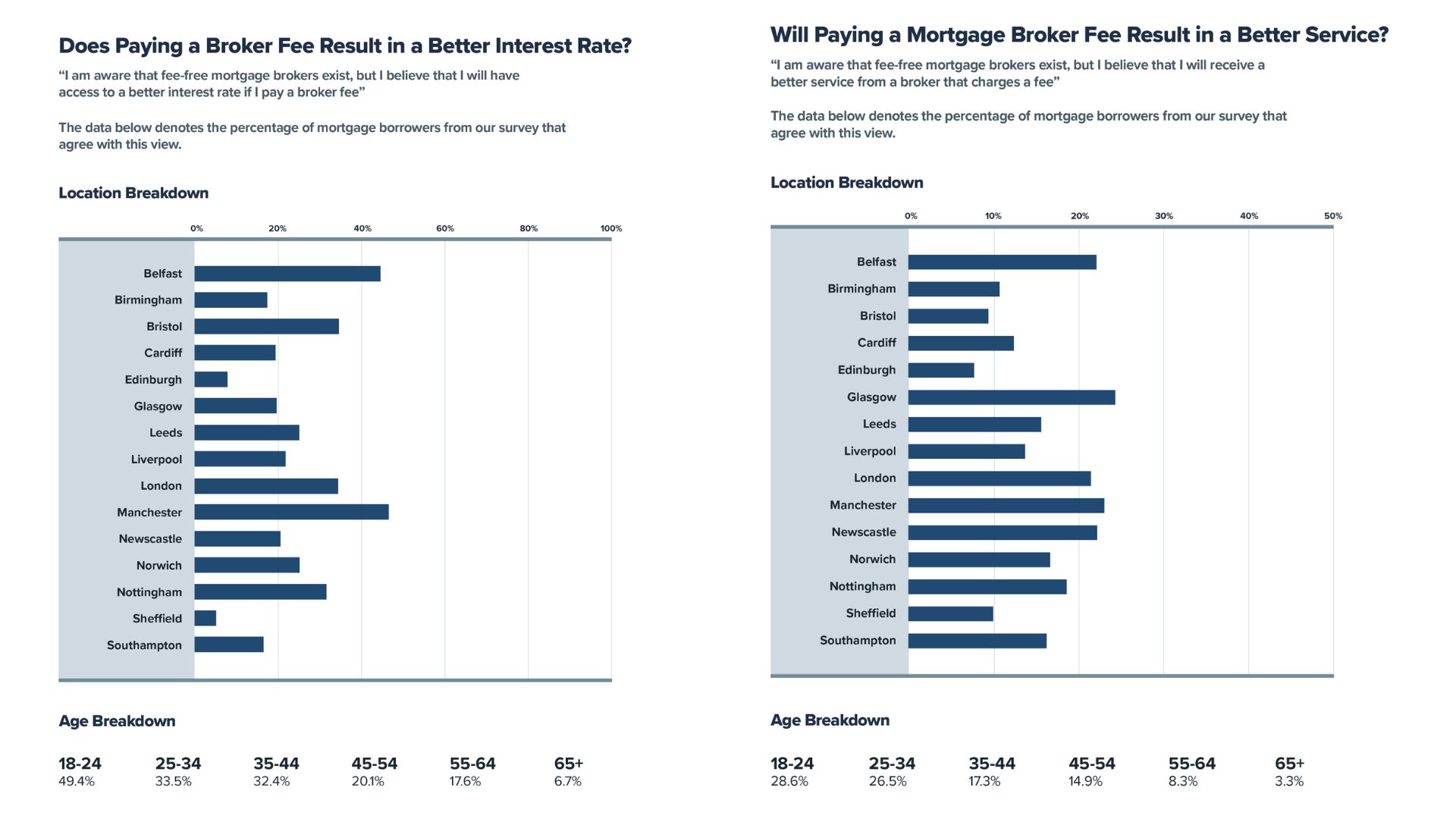Did an employer offer you your dream job, except it involves moving to another state? Or maybe you have personal reasons to move somewhere else.
Regardless of why you must or want to move, something keeps you from doing so: the existing mortgage on your house.
That may have prompted you to ask, “Can you sell a house with a mortgage?”
Read on as this guide gets to the bottom of that question.
So, Can You Sell a Mortgaged Home?
Yes, selling a house with an outstanding mortgage is possible.
You only have to pay your remaining mortgage debt with the house’s sale proceeds. Depending on your loan balance, home equity, and home value, you may even be able to profit from the sale.
How Can You Sell a House With a Mortgage Then?
First, determine your outstanding mortgage balance, home equity, and home’s current market value. These three factors can help you sell your house for the right price. The “right” price should be enough to cover your loan balance and even make you some profit.
Call Your Mortgage Lender
The simplest way to determine your mortgage balance is to call and ask your lender. They should tell you how much you still owe, including the capital, interest, and other loan fees.
Let’s use the 2023 average U.S. household mortgage debt balance of $244,498 as an example. In this case, you must sell your home for more than that to pay your mortgage balance in full.
Determine Your Home Equity
Your home equity represents your home’s value minus your outstanding mortgage balance. It’s the paid-off portion of your house and includes the value of home upgrades. The higher it is, the more likely you can put your mortgaged house for sale and make some profit.
One way to determine your home’s current market value (and, thus, its equity) is to work with a top real estate agent. They can compile and analyze data on similar houses in your area and use their findings to help you price your home fairly.
Suppose your agent determines your home’s current market value to be $350,000. You can now subtract your mortgage balance from this. So, if you still owe your lender $244,498, your home equity is $105,502.
Sell Your Home and Pay Your Lender
Prepare for the house sale by staging your home, listing it at the right price, and showing it to potential buyers.
Alternatively, you can delegate those tasks to a real estate agent. This way, you can just sit back, relax, and pay your agent a commission. Commissions are a percentage of the sales price, typically between 5% and 6%.
Once you’ve completed the home sale process, all that’s left to do is to pay your lender in full.
Sell Your Mortgaged Home Today
Regardless of what has prompted you to ask, “Can you sell a house with a mortgage,” the answer is yes. You only have to ensure you pay your home loan lender in full. Hopefully, your house will be worth more than what you still owe your lender, which means you can profit from its sale.


 New
New